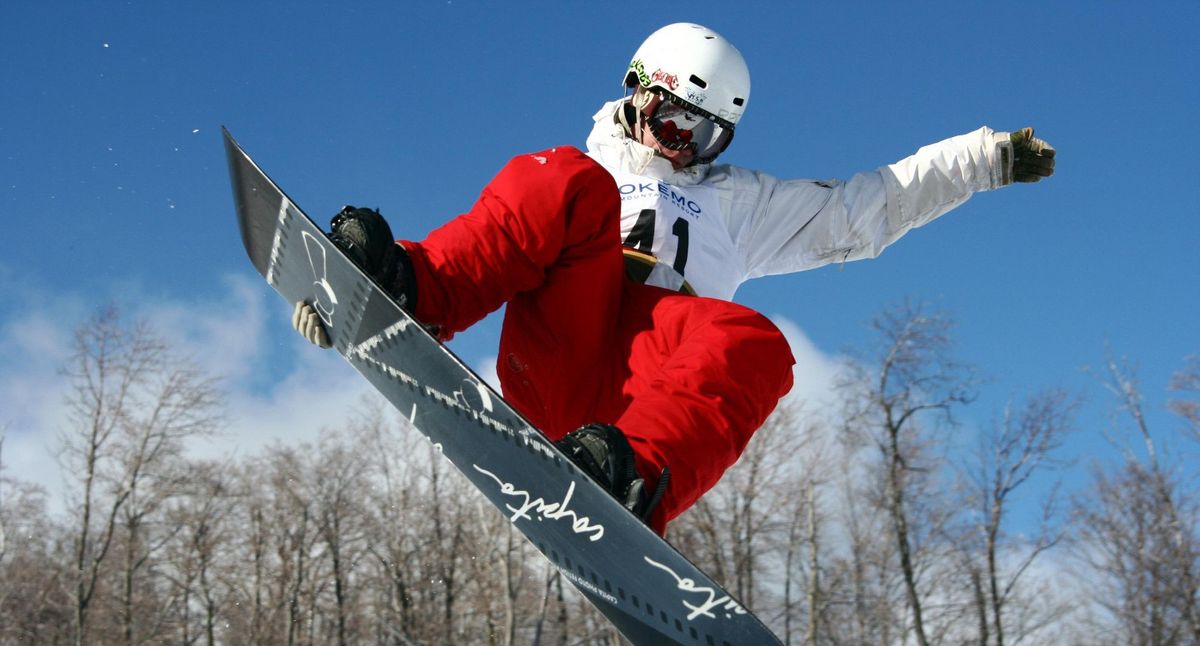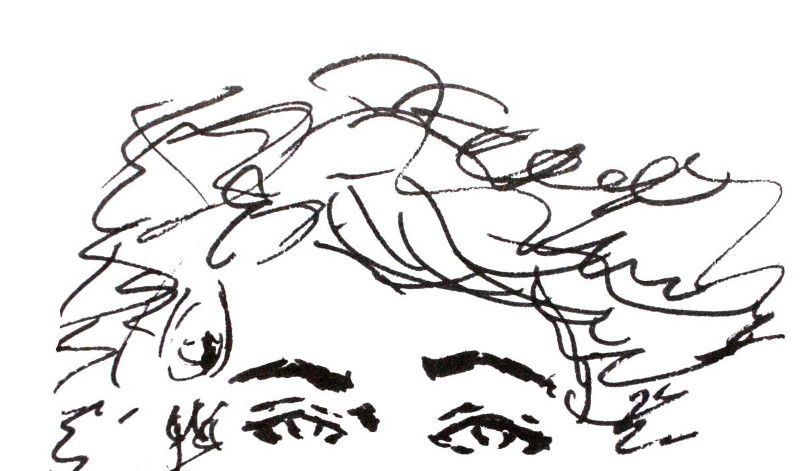How to be more confident

Being confident may seem natural to most. But for a lot of people, feeling comfortable in doing something is a real challenge, especially in public or in a group activity. It can quickly turn into a downhill spiral of feeling not good at anything.
This may seem unexpected but when you have this feeling, you actually already have the first step of the solution. To nourish a stronger self-esteem, you should avoid to expect to be excellent at everything, instead you should focus at becoming good at one thing. Yes, the best way to gain confidence is to learn a new skill.
Acquiring a new skill can be done alone. Following a class, for example, is a great option. However, it requires interaction with others and being evaluated publicly. So, it might not be something you are ready to do if you lack confidence. The good news is that practising alone provides you with more flexibility about your schedule and how you want to proceed. So start by building this new skill on your own.
How to start
First pick a field, it can be sports, music or even software development... What matters is for you to choose something that attracts you. No need to do what others think is good for you. Picking a skill just because it's popular is not necessarily the right way. The activity you go for must be something that speaks to you and on which you feel you would like to spend a lot of time on.
Once you found what you would like to learn, look for materials about the subject you intend to evolve in. Buy a book, read blog posts, browse websites and follow related social accounts. Have fun discovering this new universe. After some time you should be comfortable with the theory and the vocabulary.
Then move on from theory to practice. First focus on the basics. For instance, play C range to learn on a new instrument, repeat simple gestures for a martial art. Basics are easy to learn and all skills required mastery of the basics. So, spend a lot of time on it, until they become natural to you. Be patient, even the simplest things will require time and effort.
Once you start doing them well, start all your training sessions by repeating the basics, it will serve as warm up and prepare your body and your mind.
Decompose the learning to work on specific areas one at a time. Every time you make some progress, notice the enhancement and feel happy. After some time, you will start to unlock difficult things you were not able to do before.
Once there, read again your favourite books and blog posts about the subject. With a more experienced point of view, you will understand them in a different way.
NB: you can read my previous blog post on how to learn a skill faster.
Avoid frustration
It's a concept I learned while watching a live a martial art class (Wing Chun). The teacher, when he saw the desperation of the beginners from not being able to achieve a movement, told them to avoid bringing frustration in their practice. He meant that you shouldn't expect quick results and should stay humble for your first goals. Learning a skill requires a lot of time.
In the same vein, be conscious that true experts in each field are rare. So before you start comparing, keep in mind that you are comparing yourself to someone who practices a lot - even every day and this person has been building this particular skill since his childhood. In other words, don't think that you will immediately be world champion by practising two hours a week.
Finally, being good at something gives a good push to feel more confident. Being the best, the number 1, requires a stronger approach: full dedication and discipline. It will lead to many sacrifices. Keep in mind that it's not mandatory to be the best in order to have a better self-esteem. Even worst, being obsessed solely on grabbing the top position at all cost can actually make you end up miserable. So, I would recommend to take enjoyment when you feel a sense of mastery but avoid spending too much time comparing yourself to others and most of all, don't just focus in overcoming other people.
Meet people
In the process of being more confident, the recognition of others is important. So, once you start acquiring some knowledge and skills in a field, start sharing your experiences with others. Chat about it with your friends. Look for meetups or online forum dedicated to your new area of expertise. Ask and answer questions. If you say something stupid, people will correct you and you will progress. If you help them, they will be grateful to you.
After a few months, your new community will recognise you as one of their peers. They will show you respect and prove you that you are not as bad at everything as you thought.
Final words
By following these simple tips, you should start feeling more confident about your capabilities. From there, you have two choices: persevere in practising your new skill or learn a new one.
Looking for new abilities is really fun because you will understand that you can bring what you learn from your previous skill into another area. The process of acquiring a new skill becomes easier in time and you will feel even more empowered. You can see bridges between areas of expertise. This is a very exciting feeling.
Once you do gain knowledge in several areas your opinion will be based on diverse experiences. From there, you will be in a better position to focus on one specific area.
On the internet, you will find many hacks to combat self doubts. But keep in mind that the main thing you need is to build a solid foundation to trust yourself, not just having a new posture or a better smile.
When you acquire knowledge, new capabilities and recognition is in the horizon. The experience you acquired and the feedback from your peers will help you to progress and strengthen your own opinion about many subjects. When you teach others what you have learned, you will also get a sense of accomplishment for having helped others.
To sum, up acquiring new skills and sharing with your peers will give you the confidence you are looking for, happiness and more!
Cover Photo: M Pincus - Creative Commons by-2.0
